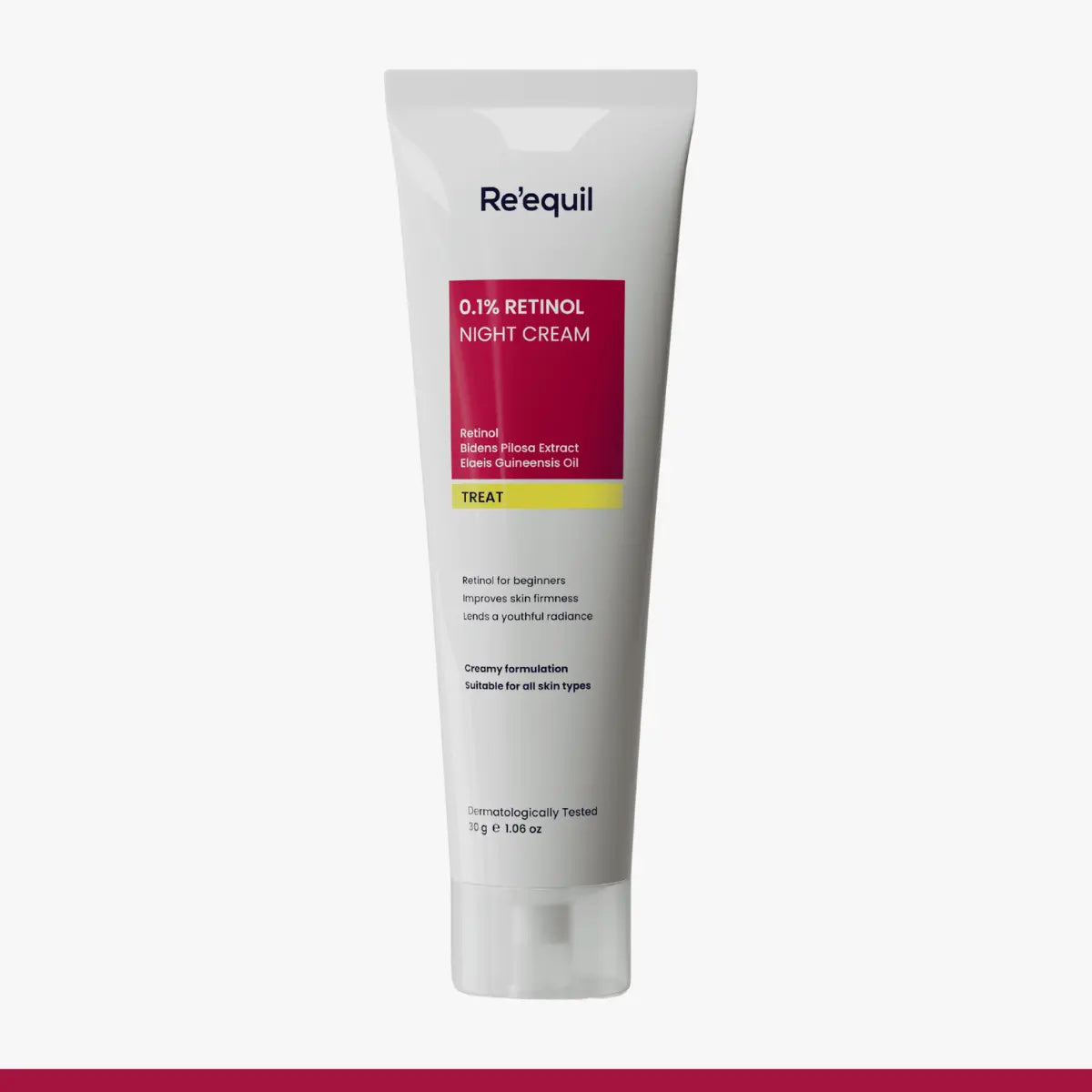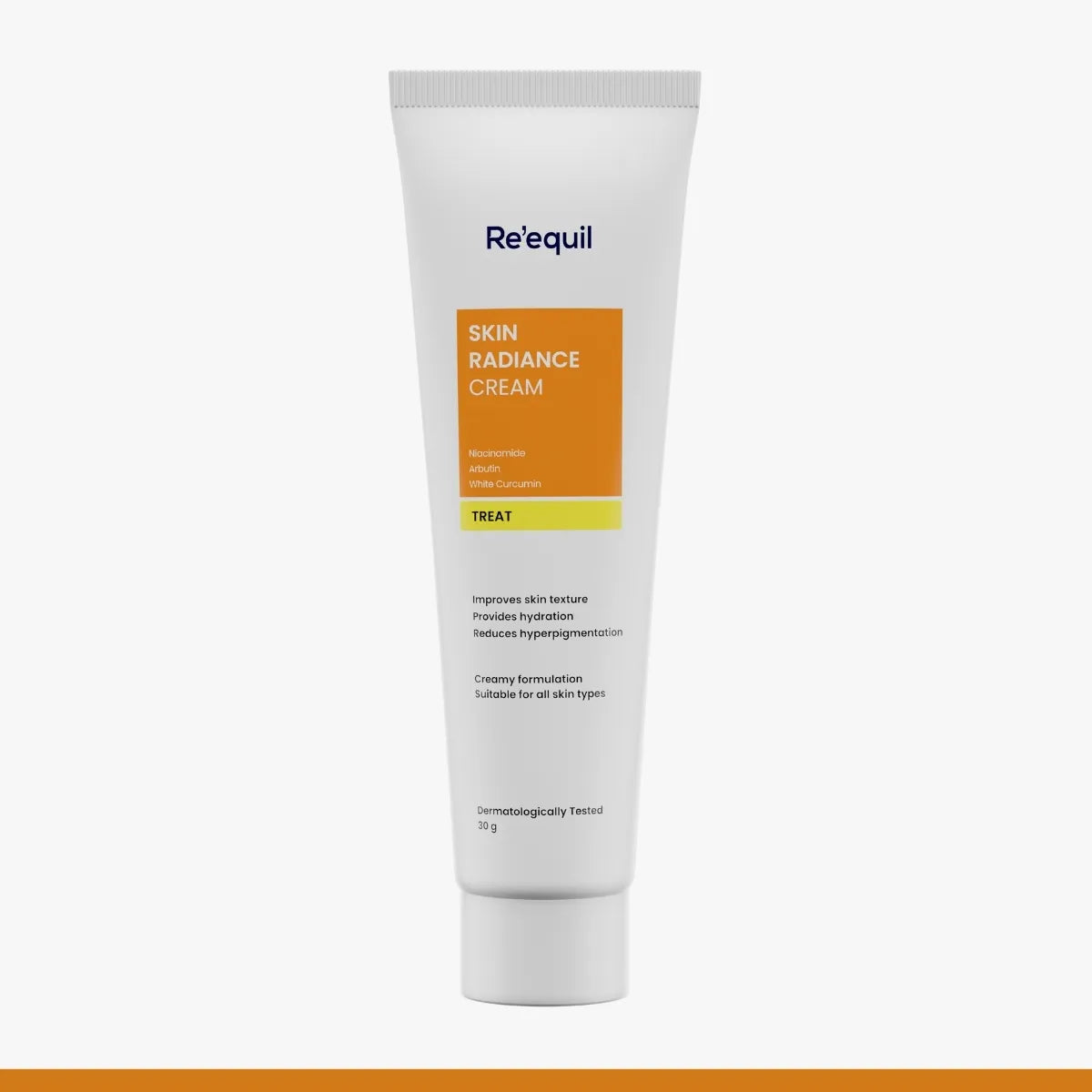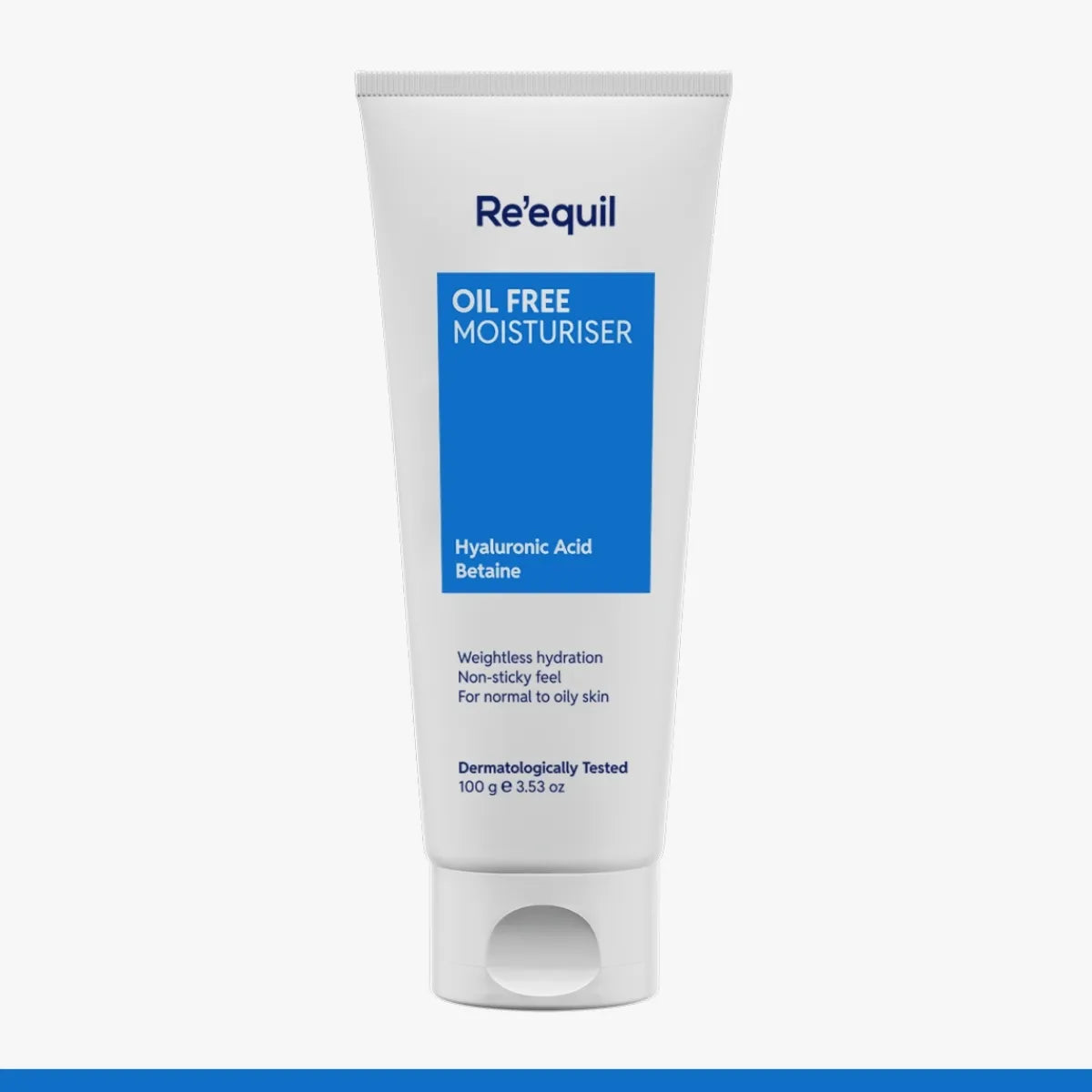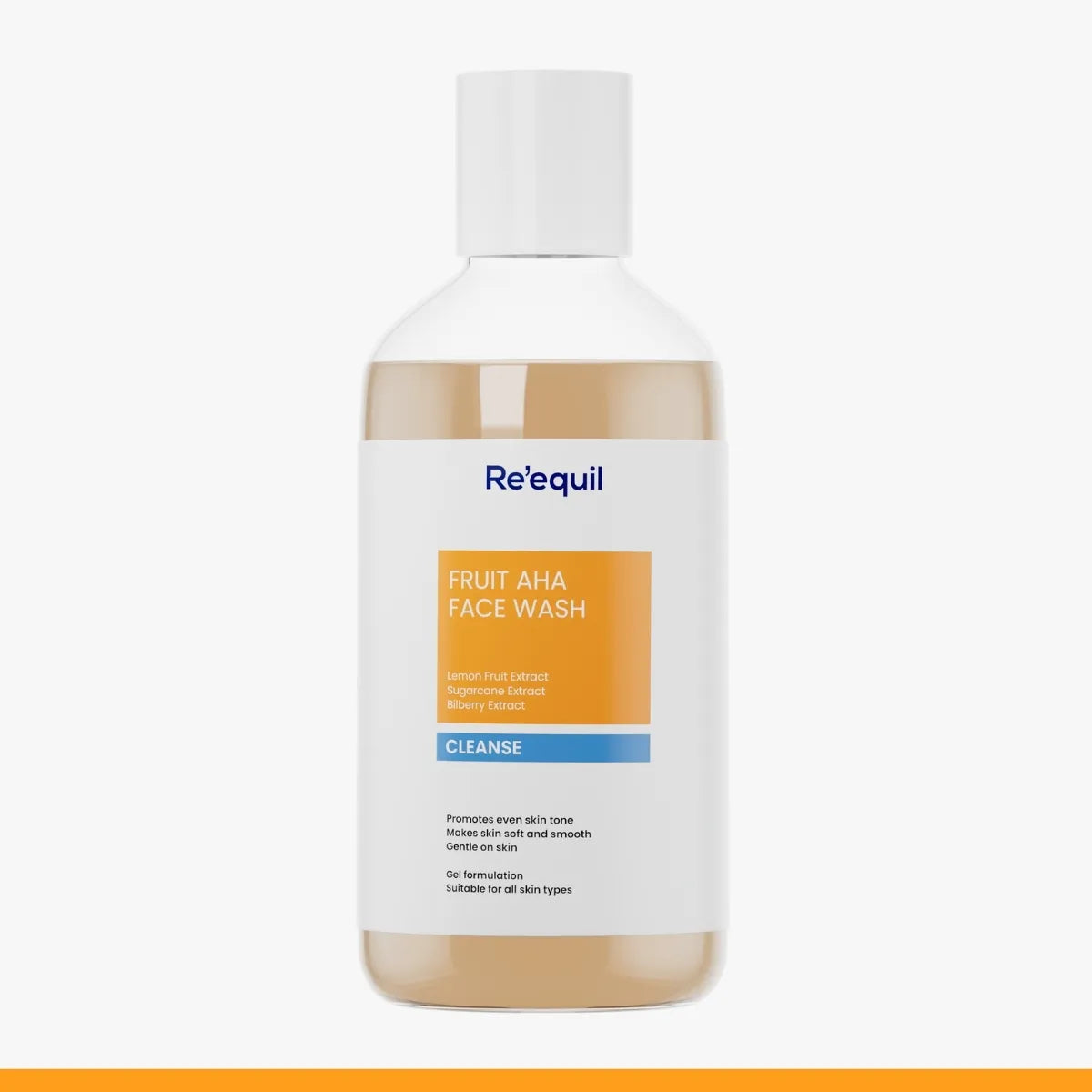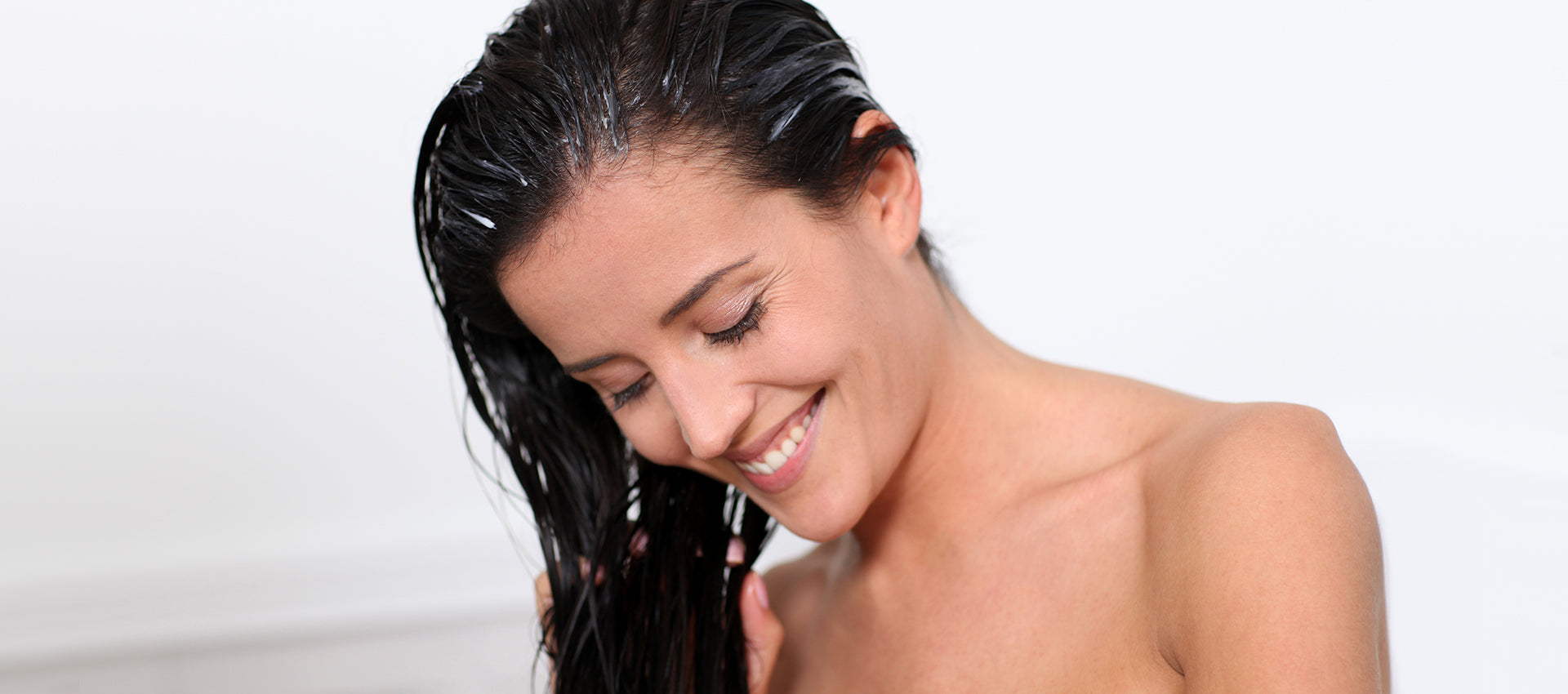No matter whether you have short, long, wavy or curly hair, you will always need a good hair conditioner. In other words, applying a conditioner is considered an integral step for every hair care regimen. There is no secret that frizz-free sleeks, effortless curls, and shiny glossy waves make everyone feel happy and vibrant. In the desire to attain shinier and beautiful hair, you don’t hesitate to take the advantage of coloring, straightening, blow-drying or perming. However, your consistent hairstyle experiments not only make your hair too weak but also leave you feeling sad and jumpy.
Therefore, if you are struggling with extra dry, extremely damaged, and dehydrated hair, you need to realize that your tresses are in the dire need of hydration. Leave in hair conditioners might be the most apt solution to restore your lifeless and dull hair. Leave in hair products are formulated by using natural conditioning agents and oils that offer extra moisture and hydration to your strands. Research published in the Indian Journal of Dermatology has elaborated that conditioners help to replenish the moisture levels in hair.
The Best Ingredients to look for in a Leave-in Conditioner
- Hydrolyzed pea protein
- Murumuru seed butter
- Babassu Oil

1. Hydrolyzed pea protein
Pea protein is derived from the yellow split peas. It is one of the greatest sources of protein among plant-based proteins. A recent research study has evaluated the efficacy of pea protein in reducing hair fall and improving hair density. Being a rich source of biotin and L‐arginine, topical application of pea sprout extract helps to boost hair health.
After acknowledging its potent hair benefits, hydrolyzed pea proteins are used to make topical hair care formulations in the form of shampoo, conditioners, and hair masks. Pea protein-based hair care products offer optimal hydration to hair strands and prevent the chance of breakage. Apart from proteins, hydrolyzed pea protein is a perfect blend of many essential nutrients and antioxidants, which helps in keeping your hair healthy. Air pollutants, heating tools, over-processing can damage hair largely which results in split ends, dry and damaged hair. Another important benefit of pea protein for hair is that it offers a protective layer on the hair, which acts as a shield against extrinsic factors. This not only repairs the damaged hair but also adds extra shine and improves overall hair texture.
2. Murumuru seed butter
It is extracted from the seeds of Astrocaryum murumuru, a palm native to Amazon rainforest vegetation in Brazil. Murumuru seed butter boasts of remarkable moisturizing properties that help to keep the moisture locked in hair strands. Being considered a good emollient for hair, murumuru seed butter is widely used in hair conditioners for rendering soft, silky. and healthy tresses. It offers deep nourishment to hair cuticles and helps repair dry, frizzy, and damaged hair. Its wonderful moisture-sealing property makes it the right choice for curly hair care. Furthermore, Omega 3 fatty acids, vitamins, and high moisturizing ingredients in murumuru butter only bring the best care to your hair.
3. Babassu Oil
A conditioner that contains babassu oil is worth using for your tresses. Babassu oil is also procured from palm fruit and comprises several essential fatty acids such as lauric and myristic acids, which acts as an effective moisturizer for your scalp and hair. The significant benefit of babassu oil is to nourish the dry scalp by rebalancing natural oils of the skin, hence promoting healthy hair growth.
Babassu oil possesses antimicrobial properties. It has been found that massage with this oil helps to relieve scalp irritations, dandruff, and itchiness. The use of Babassu oil is quite good to repair the damaged, brittle and breakage-prone tresses. Its deep conditioning properties help to restore hair elasticity and strengthen the hair strands.

Statistics reveal that approximately 40% of females encounter pattern hair loss after menopause. On the other hand, some males begin experiencing hair loss in their teen or early 20’s. A research study published in the International Journal of Trichology has figured out that your poor hair care practices like frequent shampooing and hair styling tools lead to hair damage, premature graying, and hair loss. It is better to offer extra love and care to your hair in the first place than feeling deeply sad over your dreadlocks and bald patches on your crown. Without further delay, follow these important tips to embrace your lustrous crowning glory today and forever.
P.S.
It is imperative to know that not all the hair-conditioning agents are beneficial for your hair. Most previous research studies have raised concern about the frequent use of silicone and sulphate based hair shampoo and conditioners. These are the widely used chemical agents in hair and skin cosmetics, which have been found to cause severe damage to your hair structure. Silicone-based conditioners bring transient shine to your hair, but creates the product build up that causes long-term damage.
